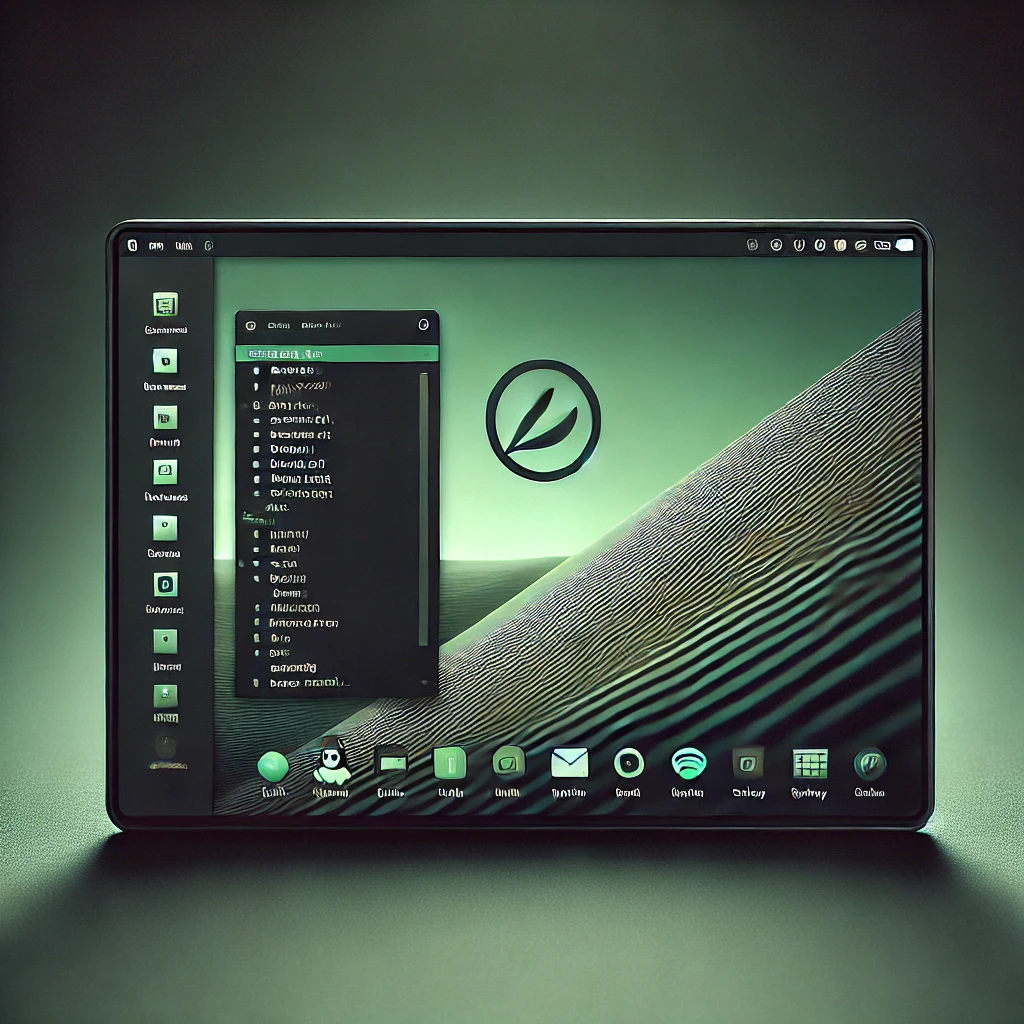How to Set Up Media Servers with Cinnamon Desktop on Linux Mint
Categories:
4 minute read
Linux Mint is a popular Linux distribution known for its stability, ease of use, and compatibility with a variety of applications. If you use the Cinnamon desktop environment and want to set up a media server, you have several options. Whether you want to stream movies, share music, or serve photos, a media server can help you centralize your media library and access it from multiple devices.
In this guide, we’ll walk you through setting up a media server on Linux Mint with Cinnamon. We’ll cover installation, configuration, and access to your media from different devices.
Choosing the Right Media Server Software
Before setting up your media server, you need to choose the right software. Here are some of the best options available:
- Plex: A popular media server that offers a sleek interface and support for a wide range of devices.
- Jellyfin: A free, open-source alternative to Plex that does not require a subscription.
- Kodi: A powerful media center that can act as a server.
- Emby: Similar to Plex but allows more control over local media.
- MiniDLNA (ReadyMedia): A lightweight DLNA-compliant media server for simple streaming.
For most users, Plex or Jellyfin are the best choices due to their user-friendly interfaces and broad compatibility.
Installing Plex Media Server on Linux Mint
Step 1: Download and Install Plex
Open a terminal by pressing
Ctrl + Alt + T.Update your system:
sudo apt update && sudo apt upgrade -yDownload the Plex package:
wget https://downloads.plex.tv/plex-media-server-new/1.32.5.7349-8f4248874/debian/plexmediaserver_1.32.5.7349-8f4248874_amd64.deb(Make sure to check the official Plex website for the latest version.)
Install Plex:
sudo dpkg -i plexmediaserver_*.debStart and enable the Plex service:
sudo systemctl enable --now plexmediaserverVerify Plex is running:
systemctl status plexmediaserver
Step 2: Access the Plex Web Interface
Plex runs as a web application. To access it:
Open a web browser and go to:
http://localhost:32400/webSign in with your Plex account (or create one if you don’t have it yet).
Follow the on-screen setup wizard to add your media libraries (Movies, TV Shows, Music, etc.).
Configure remote access if needed.
Installing Jellyfin on Linux Mint
Step 1: Add the Jellyfin Repository and Install
Update your system:
sudo apt update && sudo apt upgrade -yAdd the Jellyfin repository:
echo "deb [signed-by=/usr/share/keyrings/jellyfin.gpg] https://repo.jellyfin.org/debian $(lsb_release -cs) main" | sudo tee /etc/apt/sources.list.d/jellyfin.listDownload the Jellyfin GPG key:
wget -O - https://repo.jellyfin.org/jellyfin_team.gpg.key | sudo tee /usr/share/keyrings/jellyfin.gpgInstall Jellyfin:
sudo apt update sudo apt install jellyfin -yStart and enable the Jellyfin service:
sudo systemctl enable --now jellyfinCheck the service status:
systemctl status jellyfin
Step 2: Access the Jellyfin Web Interface
Open a web browser and navigate to:
http://localhost:8096Follow the setup wizard to create an admin account and configure media libraries.
Set up user profiles and remote access as needed.
Configuring Firewall for Media Servers
If you plan to access your media server from other devices on your network, you need to allow traffic through the firewall.
For Plex:
sudo ufw allow 32400/tcp
For Jellyfin:
sudo ufw allow 8096/tcp
Enable the firewall if it’s not active:
sudo ufw enable
Accessing Your Media from Other Devices
Once your media server is set up, you can stream content on various devices:
On Smart TVs and Streaming Devices
- Install the Plex or Jellyfin app on Roku, Fire TV, Apple TV, or Android TV.
- Log in with your account and browse your media library.
On Smartphones and Tablets
- Download the Plex or Jellyfin app from the App Store or Google Play.
- Connect to your home media server and start streaming.
On Other Computers
- Open a web browser and visit
http://<server-ip>:32400/webfor Plex. - Use
http://<server-ip>:8096for Jellyfin. - If needed, set up a VPN or port forwarding to access your media outside your home network.
Additional Features and Enhancements
- Transcoding Support: Enable hardware acceleration in settings for smoother streaming.
- Plugins and Add-ons: Plex and Jellyfin offer plugins to enhance functionality (e.g., subtitles, metadata fetchers).
- Remote Access: Configure your router to allow access outside your home.
- Automated Media Downloads: Use software like Sonarr, Radarr, and Lidarr to automate media management.
Conclusion
Setting up a media server on Linux Mint with Cinnamon is straightforward and provides a great way to organize and access your media files from multiple devices. Whether you choose Plex for its polished interface, Jellyfin for its open-source flexibility, or a lightweight DLNA server for simple streaming, Linux Mint is a solid foundation for your home media system.
With the right configuration, you can enjoy seamless media playback, automated library management, and remote access to your content—all powered by the stability of Linux Mint and the Cinnamon desktop environment.
Feedback
Was this page helpful?
Glad to hear it! Please tell us how we can improve.
Sorry to hear that. Please tell us how we can improve.
